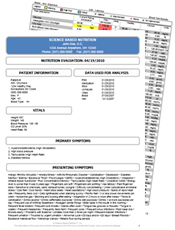- Develop a positive outlook by lowering your gratitude bar. Sure, big milestones are worthy of celebration, but so are the ‘little’ things in life. The smell of a Sunday breakfast, feeling the sun on your face, a playful pet. It’s easy to overlook all of life’s little blessings, but making the effort is worth it. Intentional gratitude trains your brain to give less stock in the negative and more power to the positive. A positive outlook puts things in proper perspective when life throws us that unexpected curve ball.
- Optimism isn’t enough. The late vice Admiral James Stockdale survived over seven years of imprisonment and torture during the Vietnam war. When asked what role optimism played in his survival he said, “The optimists, they did not make it.” When it comes to resilience, optimism only works in conjunction with a healthy (if sometimes brutal) reality check. Could dialing down your optimism help you to see a reality you’re missing?
- Find the meaning. Resilient people find a way to make meaning out of their suffering. In his book, Man’s Search for Meaning, Holocaust survivor and author Viktor E. Frankl said, “We must never forget that we may also find meaning in life even when confronted with a hopeless situation, when facing a fate that cannot be changed.” Instead of asking why me? How about asking, why not me? Instead of focusing on what you lost from an ordeal, tally what you’ve gained from the experience.
- Develop your sense of humor. After researching Holocaust survivors, (former) president of the Boston Psychoanalytical Society and Institute, Maurice Vanderpol, concluded that a sense of humor plays a big role in resilience. Humor, even dark humor, can provide stress relief and perspective to challenging circumstances. Did you hear the one about…?
For Our Greater Health,
Dr. Steve





